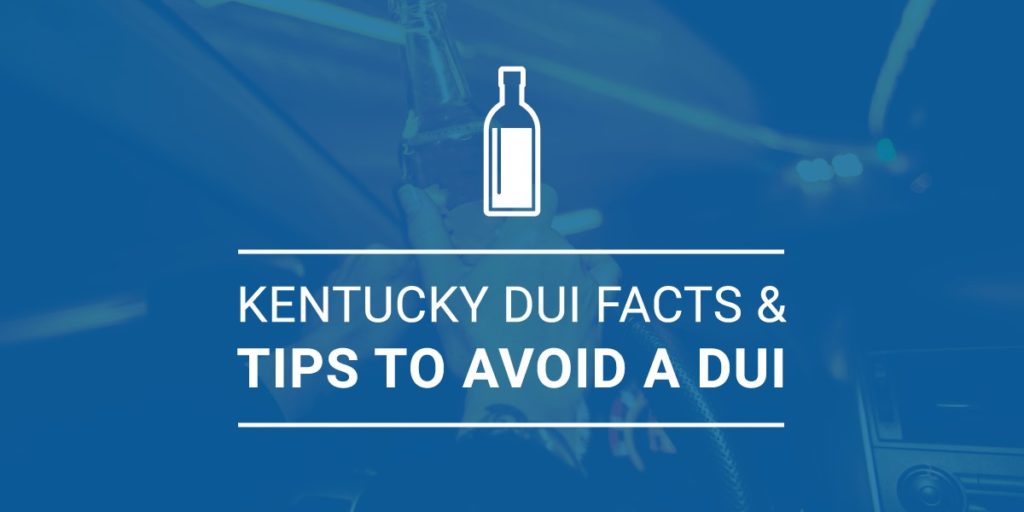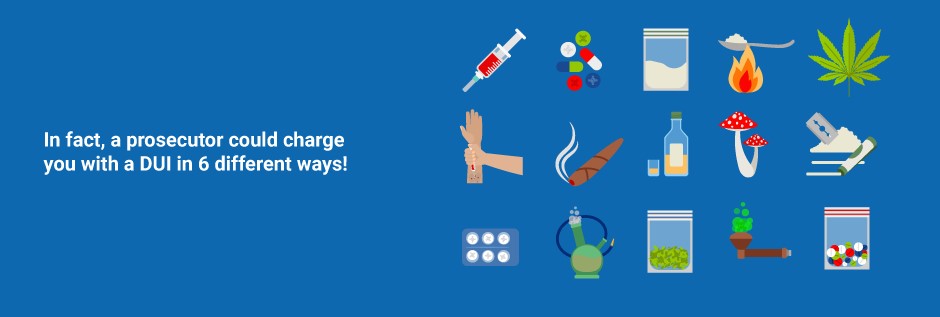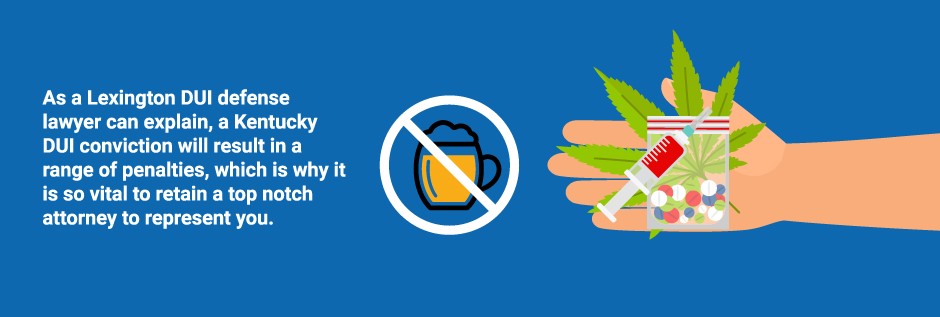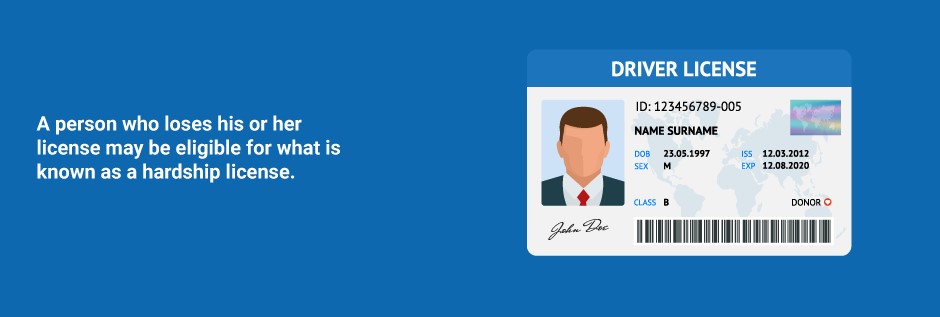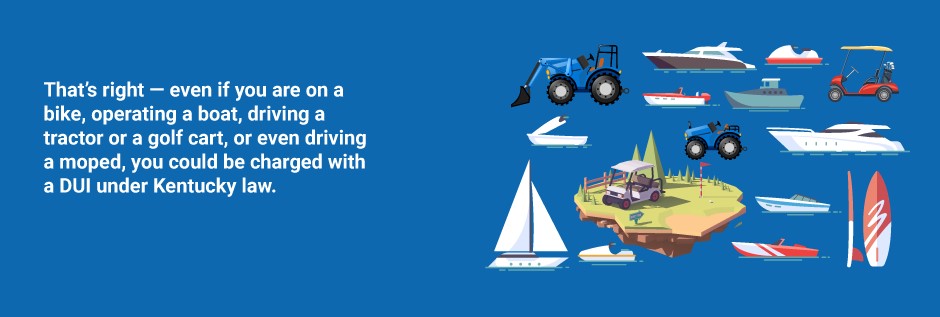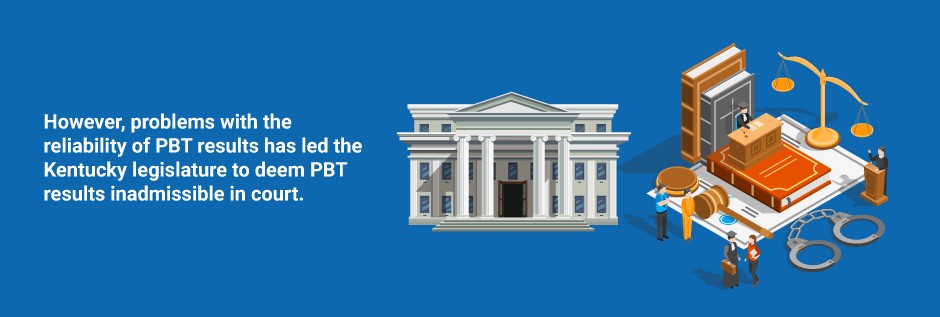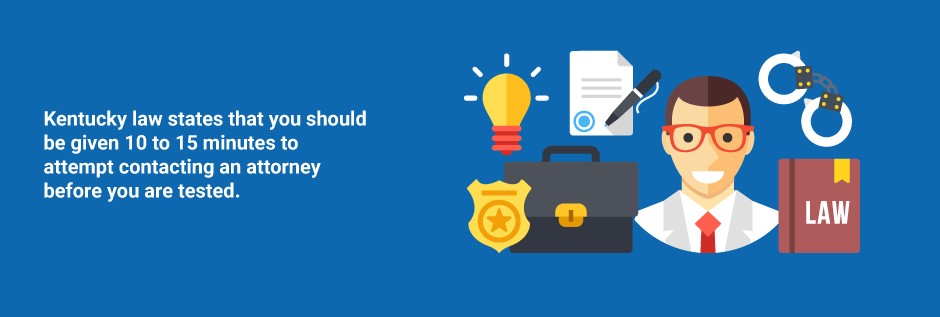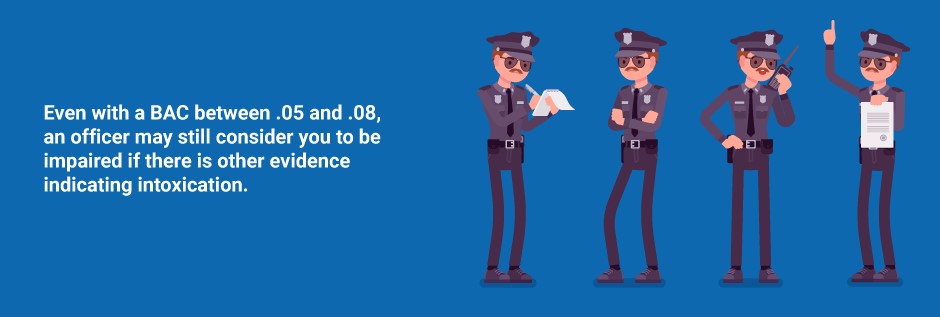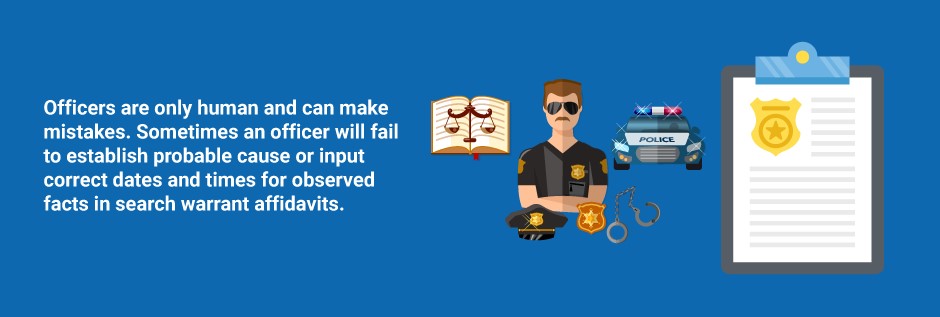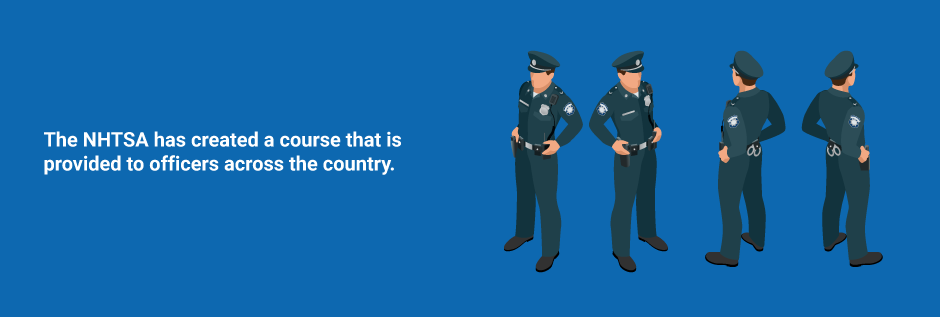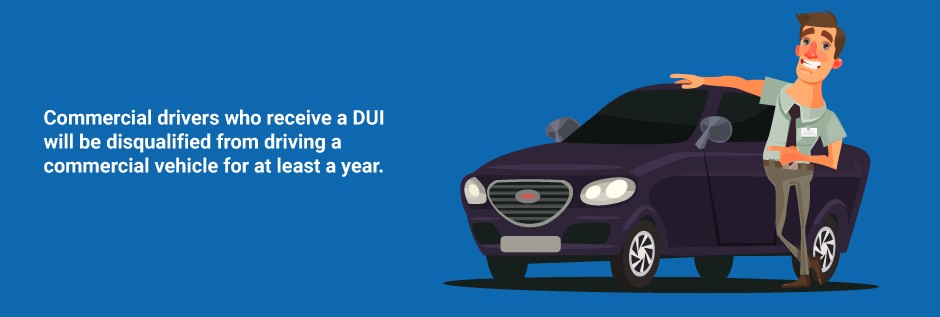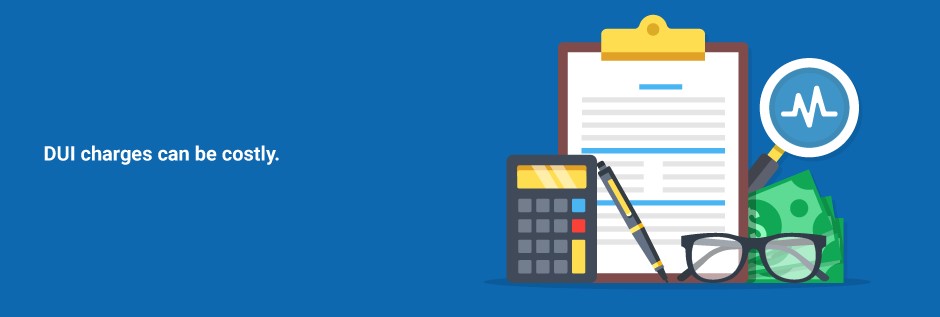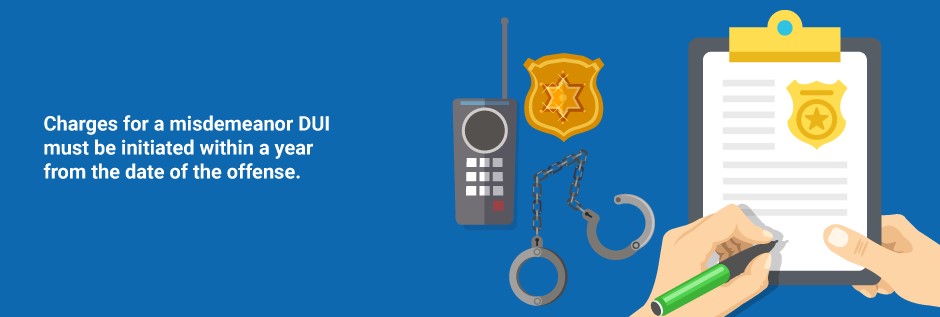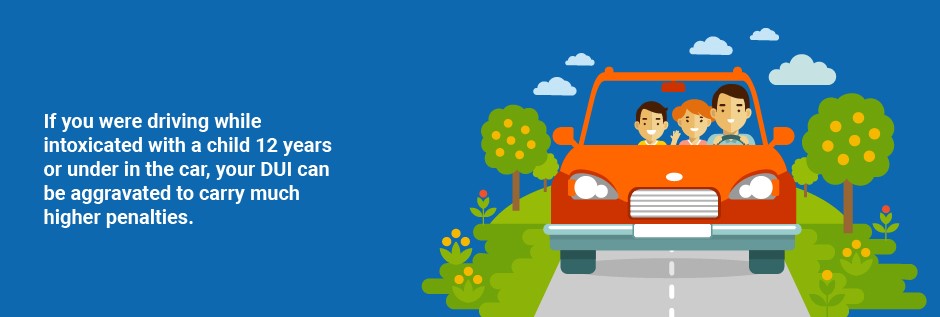Baldani DUI Facts FAQs
A seasoned DUI lawyer will investigate the facts of your case to determine if there are any factual or legal defenses to the charges against you, such as the police conducting an illegal stop or failing to follow the rules for taking a chemical blood or breath test. These are issues that the average person might not spot — but they can be critical to defending against a Kentucky DUI charge. Your attorney can then advocate with the prosecutor for a lesser charge or a dismissal of the charges, or take the case to trial to fight for your rights.
Yes, if that prescription medication or over-the-counter drug impairs your ability to drive. Under Kentucky law, it is illegal to operate or be in physical control of a motor vehicle while under the influence of any substance or combination of substances that impair your ability to drive.
There are any number of perfectly legal medications that may affect your ability to drive safely. This may include:
– Prescription pain medication, like oxycodone or Vicodin, or anti-anxiety pills like Xanax or Ativan
– Certain OTC medicines, like antihistamines and cough syrups
– Drugs that interact with alcohol or other substances
There is no minimum amount of these drugs that must be present in your system to be charged with a Kentucky DUI. If the substance impairs your ability to drive, then you may be arrested for a DUI.
If you have a valid prescription for a medication, and are taking the drug according to that prescription, then a prosecutor cannot introduce lab tests showing the presence of that substance in your system. However, the prosecution can use other evidence to prove that your ability to drive was impaired when you were pulled over by the police. For example, if you have a prescription for Ritalin to treat ADHD, and were charged with a DUI, the state can’t use the results of blood tests to show that you were under the influence of amphetamines — but they can introduce testimony from law enforcement officers or other witnesses to show that you were driving erratically.
Yes. In Kentucky, it is against the law to drive with a blood alcohol concentration (BAC) of .08% or higher. This is often referred to as the “legal limit.” But even if your BAC is below .08%, you may still be charged with a DUI in one of three ways.
First, if you are under the age of 21, then the legal limit is far lower: .02%. If you are a minor, then you can be arrested if your BAC is .02% or higher.
Second, if you have a commercial driver’s license (CDL), the legal limit is .04% while operating a commercial motor vehicle. Driving a commercial motor vehicle with any measurable or detectable amount of alcohol in your system will result in a 24 suspension of your CDL, with a 1 year suspension for a DUI conviction. Importantly, these laws only apply to CDL holders while they are operating a commercial motor vehicle — not when they are “off the clock” or driving their personal vehicles.
Third, if your BAC was greater than .04% and lower than .08%, you can be charged with a DUI if your ability to drive was impaired. In these situations, the prosecutor may present other evidence of intoxication, such as slurring words or having red, watery eyes.
If you have been charged with any type of DUI in Kentucky, it is important to work with an experienced DUI defense attorney. There are many potential defenses to a DUI charge that can be used to get the charges reduced, the case dismissed, or to win at trial.
Contact a Lexington DUI Defense Lawyer Today
In Kentucky, driving under the influence (DUI) of drugs or alcohol is considered a serious criminal offense. Although most first-time DUIs are charged as misdemeanor (less serious) crimes, if convicted, a person will still face serious penalties. This may include between 48 and 30 days in jail and/or a fine of up to $500. In addition, Kentucky imposes a license suspension of between 30 and 120 days, mandatory drug or alcohol abuse treatment for 90 days and a community labor requirement ranging from 2 to 30 days.
With so much on the line, it is critical to have an experienced Lexington DUI defense lawyer to represent you. A skilled attorney can thoroughly investigate the facts of your case and put together a factual and legal defense to the charges against you. For over 30 years, the Baldani Law Group has represented clients throughout the Commonwealth of Kentucky. Contact us today at 859-259-0727 or online to schedule a consultation.
Understanding Kentucky DUI law can help you make better choices when it comes to driving after you have been drinking or using other substances. Read on to learn more from a seasoned Lexington DUI defense lawyer.
50 Kentucky DUI Facts
There are lots of misconceptions about DUIs floating around, such as ways that you can supposedly beat a breathalyzer test, or whether you have the right to refuse to take a chemical blood or breath test after you have been arrested.
Here are some basic facts about Kentucky DUI law:
1) There is more than one way to be charged with a DUI in Kentucky
In fact, a prosecutor could charge you with a DUI in 6 different ways! You may be charged with a DUI for operating or being in physical control of a motor vehicle anywhere in Kentucky while:
- Having a blood alcohol concentration (BAC) of .08 percent or higher within 2 hours of driving (known as an “illegal per se” DUI);
- Being under the influence of alcohol;
- Being under the influence of any other substance or combination of substances which impairs your driving ability;
- The presence of a controlled substance is detected in your blood, as measured by a scientifically reliable test, within 2 hours of driving;
- Being under the combined influence of alcohol and any other substance which impairs your driving ability; or
- Having a BAC of .02 or greater within 2 hours of driving, if you are under the age of 21.
2) Penalties for A First-Time Offense Can Be Escalated
Generally, a first-time DUI is charged as a misdemeanor offense, which is less serious than a felony. However, a prosecutor may charge you with aggravating circumstances, which enhances the penalties. These may include:
- Going more than 30 miles per hour above the speed limit;
- Going the wrong way on a limited access highway;
- Causing an accident resulting in death or serious physical injury;
- Driving with a BAC of .15 or more;
- Refusing to submit to a chemical blood, breath or urine test; or
- Driving under the influence with a child under the age of 12 inside.
As a Lexington DUI defense lawyer can explain, a Kentucky DUI conviction will result in a range of penalties, which is why it is so vital to retain a top notch attorney to represent you. These penalties may include jail time, mandatory alcohol or drug treatment, community labor, fines and fees — and a license suspension. This last consequence is often the most challenging for many people, as it can make it difficult for them to get to work, school, or to otherwise fulfill their obligations.
In Kentucky, a DUI conviction can result in:
- A license suspension of 30 – 120 days for the first offense within a 10-year period;
- A license suspension of 12 – 18 months for the second offense within a 10-year period;
- A license suspension of 24 to 36 months for the third offense within a 10-year period; and
- A license suspension of 60 months for a fourth or greater offense within a 10-year period.
3) If Your Kentucky Driver’s License is Suspended, You are Not Permitted to Drive
It may go without saying, but if your license is suspended, you cannot drive in the Commonwealth of Kentucky. Under certain circumstances, you may be able to apply for a hardship license to retain some driving privileges.
4) You May Be Eligible for A Hardship License to Continue Driving
A person who loses his or her license may be eligible for what is known as a hardship license. A hardship license grants an individual the ability to drive under certain circumstances. If you are approved for a Kentucky hardship license, you will only be permitted to drive to work, school, medical appointments and substance abuse education programs. You can only obtain a hardship license after the 30-day mandatory license suspension period (for a first offense DUI). Even if you can’t obtain a hardship license, you may be able to obtain an ignition interlock device license. Consult with our Lexington DUI Defense lawyers to determine your eligibility.
5) If You Choose to Drive on a Suspended License, You May Face Additional Criminal Charges
Charges may include:
- A Class B misdemeanor, with a 6-month license revocation for a first offense within a 10-year period;
- A Class A misdemeanor, with a 1-year license revocation for a second offense within a 10-year period;
- A Class D felony, with a 2-year license revocation for a third offense within a 10-year period;
If a person was driving under the influence while on a suspended license, then the level of offense — and penalties — will increase. Standard penalties for a Kentucky DUI include the following:
- First offense: Class B misdemeanor, 30 – 120 days license suspense; fine of $200 to $500, incarceration of 48 hours to 30 days.
- Second offense: Class B misdemeanor, 12 to 18 months license suspension; fine of $350 to $500; incarceration of 7 days to 6 months.
- Third offense: Class A misdemeanor, 24 to 36 months license suspension; fine of $500 to $1,000; incarceration of 30 days to 12 months.
- Fourth and greater offense: Class D felony: 60 months license suspension; fine of $1,000 to $10,000; incarceration of 1 year to 5 years (mandatory minimum of 120 days).
6) You Don’t Have to Be Driving a Car to Receive A DUI
That’s right — even if you are on a bike, operating a boat, driving a tractor or a golf cart, or even driving a moped, you could be charged with a DUI under Kentucky law.
7) There is No Way to “Beat” a Breathalyzer
Breath mints, mouthwash and other breath fresheners might work to cover up the odor of alcohol — but they won’t change the BAC content of your breath. In fact, if they contain certain types of sugars or alcohol, they might even inflate your BAC!
Sucking on a penny will not trick a breathalyzer. There is absolutely no science to support this claim.
Holding your breath cannot help you beat a breathalyzer — it actually may cause your BAC reading to go up by as much as 20%.
Hyperventilating and vigorous exercise might result in lower BAC readings — but they will likely arouse law enforcement’s suspicion about what you are doing.
8) You Do Not Have to Take a Roadside Breathalyzer Test
You may have been unaware, but you have the right to refuse a Portable Breathalyzer Test (PBT).
9) You Have the Right to Refuse to Take All Field Sobriety Tests (FST)
If a police officer asks you to perform a field sobriety test or take a roadside breathalyzer, remember that you have the right to refuse — and you should do so (politely!).
10) The Results of a PBT (Portable Breathalyzer Test) Are Not Admissible in Kentucky Courts
Officers routinely use portable breathalyzer tests to determine the presence of alcohol in a driver. However, problems with the reliability of PBT results has led the Kentucky legislature to deem PBT results inadmissible in court.
11) You are Required to Provide A Blood, Breath, or Urine Sample if Lawfully Arrested on Suspicion of Driving Under the Influence
Under Kentucky’s implied consent law, you are required to provide to a blood, breath or urine sample if you are lawfully arrested on suspicion of driving under the influence. If you refuse to do, then you will face other consequences, including:
- The refusal being used against you in court;
- A suspension of your driver’s license until your case is resolved;
- If you are convicted, you can face a higher minimum jail sentence; and
- You will be unable to obtain a hardship license.
12) DUI Checkpoints May Not Always Be Legal
While these types of roadblocks are permitted under both Kentucky and federal law, they must comply with certain guidelines in order to be legal.
- The decisions about the location, time and place of roadblocks must be made by supervisors, not by law enforcement officers in the field;
- The officers working the roadblock must comply with strict procedures so each driver is treated the same, such as stopping every 5th car;
- The roadblock should be clearly marked, and/or should be advertise beforehand in the local media; and
- Motorists should not be detained for any longer than necessary to look for signs of intoxication or check for license and registration.
The requirement to warn motorists in advance of planned DUI locations can help you avoid DUI checkpoints entirely if you plan to go to a bar or a party. If the police fail to follow these rules, it could lead to your DUI arrest or conviction being overturned, with the assistance of a skilled Lexington DUI defense lawyer.
13) You Can Be Charged with a DUI Without Having a Drop to Drink
Driving under the influence encompasses more than just the influence of alcohol. You can receive a DUI for impaired driving as a result of prescription and over the counter medications as well. Your intake of medication doesn’t have to be over the recommended dosage either. Impairment can still occur under the recommended dosage.
14) You Should Be Offered 10-15 Minutes Before a Test to Attempt to Contact an Attorney
Kentucky law states that you should be given 10 to 15 minutes to attempt contacting an attorney before you are tested. If you are not afforded this opportunity, the test results could be thrown out.
15) You Cannot Accurately Judge Your Own Level of Intoxication
It’s been proven time and time again that if you are intoxicated, you will not be able to accurately assess just how badly you are intoxicated. The first thing alcohol impairs is judgement. Thankfully, you can use tools like BACtrack to more accurately gauge your level of intoxication. BACtrack can turn your smartphone into a breathalyzer.
16) Your DUI Conviction May Prevent You from Entering Canada
If you’ve been convicted of a DUI, you can be turned away at the Canadian border. The only way to guarantee entrée after a DUI conviction is to apply for criminal rehabilitation, or a Temporary Resident Permit (TRP).
17) Two or More DUI Convictions Will Cost You Your Concealed Handgun License
If you have had two or more DUI convictions in the past 3 years, you will be denied a concealed carry permit under Kentucky law.
18) A BAC Of .05 May Still Be Considered Impaired
Even with a BAC between .05 and .08, an officer may still consider you to be impaired if there is other evidence indicating intoxication.
19) If You Consent to an Officer’s Tests, You Have the Right to an Independent Blood Test
Under Kentucky Law, if you submit to each and every test required by an arresting officer, you have the right to an independent blood test. If you have the resources to obtain an independent blood report, it’s in your best interest to request one.
20) You Can Refuse BAC Testing, But Your License Will Be Suspended
If you refuse to take a BAC test, your license will be suspended anywhere from one to four months for a first offense. Your refusal can be used against you in court and refusing to test can increase your jail time if you are convicted.
21) Anyone Driving in Kentucky Is Considered to Have Given Consent to A Breath, Blood, Or Urine Test
Under Kentucky’s implied consent law, you are required to take a breath, blood, or urine test if lawfully arrested by an officer who has probable cause to believe you were driving under the influence. The test must be taken within two hours from when you were last driving and the arresting officer gets to choose which test you take.
22) Imperfect Warrants Can Be Exploited
Officers are only human and can make mistakes. Sometimes an officer will fail to establish probable cause or input correct dates and times for observed facts in search warrant affidavits. Flaws surrounding a warrant could lead evidence to be kicked out by the judge.
23) Officers Don’t Always Have to Read Miranda Rights During A DUI Arrest
By law, officers are only required to read Miranda rights custodial interrogation. That is, questioning while you are in police custody. If the police have obtained the evidence they need from a field sobriety test or breathalyzer, they don’t have to read you your Miranda rights.
24) You Have 20 Days to Request A Hearing on Your License Suspension
In the Commonwealth of Kentucky, you have 20 days from the mailing date of your license suspension notification to request a hearing. If you fail to request a hearing, your license will be automatically suspended.
25) You May Be Ordered to Install an Interlock Device to Obtain A Hardship License
The court may require the installation of an ignition interlock device, or IID, in order to obtain a hardship license. An ignition interlock device is a small device installed in your vehicle that requires a breath sample with a BAC of .02 or less to start the car. It will also require breath samples with a similar BAC, taken at random intervals, to continue operating. A Lexington DUI defense lawyer can help you determine if you may be eligible for a hardship license after being convicted of a Kentucky DUI.
26) The NHTSA Manual Is Used to Train All Officers Across the Country to Detect A DUI
The NHTSA has created a course that is provided to officers across the country. The course offers a standard for administering, detecting, and documenting field sobriety tests.
27) Speeding Alone Is Not Considered A Sign of Intoxication
The NHTSA created a guide called the Visual Detection of DWI Motorists, which lists suspected drunk driving signs. Speeding alone is not considered a sign of intoxication by the NHTSA.
28) Officers Often Administer the HGN (Eye Test) Incorrectly
Horizontal gaze nystagmus tests can be used to identify involuntary jerking of the eye. If administered correctly, the test can be a good indicator that a person has been physically impaired. For a test to be valid, the officer must hold and move the stimulus in a very particular manner at particular speeds. These tests often aren’t administered correctly, which in turn affects the validity of the results.
29) Lab Reports Aren’t Always Correct
Lab reports offer strong evidence indicating an individual’s BAC, but lab tests aren’t always accurate. Lab techs can sometimes make mistakes and the devices used don’t provide perfect results with 100% reliability. It’s worth having blood retested to ensure a lab report is accurate.
30) Commercial Drivers Can Receive A DUI with A BAC Of .04 Or More
If you’re a commercial driver, you can receive a DUI for a BAC of .04 or more. Commercial drivers who receive a DUI will be disqualified from driving a commercial vehicle for at least a year.
31) Kentucky Has No Legal Limit For “Drugged Driving”
Unlike alcohol, there is no fixed blood concentration for officers to determine if a motorist is intoxicated on some other drug. Therefore, it is up to an officer’s discretion to determine if a driver’s road behavior warrants an arrest for drugged driving. Some law enforcement departments have drug recognition experts on staff to examine drugged drivers. According to Dr. David J. Hanson, drug recognition experts falsely identify one innocent driver of drugged driving for every eight arrested.
32) A DUI Will Raise Your Insurance Rates
On average, a DUI in Kentucky will boost your annual car insurance premiums by $1,064. The rise in rates for Kentucky drivers is 4% higher than the national average for insurance rate increases after a DUI.
33) If You Are Under 21 You Only Need A BAC Of .02% To Be Charged with A DUI
If you’re under the age of 21 you can be charged with a DUI for a BAC of .02% or more. Depending on your weight, that could be just one drink.
34) DUIs Are Not Cheap
DUI charges can be costly. When you factor in towing and impound costs, attorney fees, fines, license reissue fees, testing fees, higher insurance rates, and more, you could easily be paying over $10,000.
35) You Can Still Receive A DUI for Driving Drunk on Private Property
Kentucky law states that it is unlawful to drive drunk “anywhere in this state”. Thus, you can receive a DUI even if you were only driving on private property.
36) There Is No Quick Fix for Sobering Up
Unfortunately, there is no easy or fast solution for sobering up. Coffee, fatty foods, and cold showers won’t do much to lower your BAC. The only real cure for being drunk is time.
37) You Can Get A DUI For “Sleeping It Off” In Your Car
What if instead of driving you decide to sleep off your intoxication in your car? Logic would follow that you wouldn’t have to worry about a DUI being that you weren’t driving. However, if an officer suspects that you were previously driving or had the means to drive, you can still be charged with a DUI if the prosecution can prove you “operated” the car. Operation is a legal standard, and an experienced DUI lawyer can hold the prosecution to their burden of proving operation.
38) You Can Still Be Charged with A DUI If Your BAC Is Below .08
It should come as no surprise to receive a charge for a BAC of .08% or greater. However, it’s also possible to be charged for a BAC below .08% if the state believes they can prove your BAC was higher while you were driving.
39) Driving Can Be Impaired Before Three Drinks
Blood alcohol level will vary based on body weight, and the amount of alcoholic content in a drink. For individuals weighing 120 pounds or lighter, it’s entirely possible to have a BAC of .08% after just two drinks in an hour.
40) The Look-Back Period in Kentucky Is 10 Years
The look-back period is the amount of time the Kentucky courts can look back to determine if a DUI should be considered a second or third offense. After 10 years, the clock resets and a new DUI charge will be considered a first offense.
41) A DUI Case Can Take Over A Year to Resolve
In most cases, a DUI is resolved in a matter of months. Still, it’s entirely possible for a DUI case to take over a year to be resolved.
42) The Statute of Limitations for A Misdemeanor DUI in Kentucky Is One Year
Charges for a misdemeanor DUI must be initiated within a year from the date of the offense.
43) There Is No Statute of Limitations for A Felony DUI in Kentucky
Unlike misdemeanors, there is no statute of limitations for a felony DUI charge in Kentucky. Therefore, a DUI crime you committed years ago, could still come back to haunt you.
44) A Stop from An Anonymous Tip Isn’t Always Legal
The Fourth Amendment protects American citizens from unreasonable searches and seizures. Thus, if officers receive a tip, the tip must be from a known credible source, or the tip must contain reliable information. For a tip to be deemed reliable, there must be detailed predictions of what the suspect will do or information that suggests the tip wasn’t provided out of malice. If these conditions aren’t met, officers don’t have a right to stop you based on the tip alone.
45) Field Sobriety Tests Can Be Inaccurate Due to Health Problems
Field sobriety tests can deliver deceiving results if an individual has certain health conditions. For instance, a lack of balance can be caused by an inner ear infection rather than intoxication.
46) Driving Under the Influence with A Child in The Car Leads to Higher Penalties
If you were driving while intoxicated with a child 12 years or under in the car, your DUI can be aggravated to carry much higher penalties.
47) Child Protective Services May Open A Case Against A Parent Charged with A DUI While A Child Was in The Car
If you’re arrested for a DUI with a child in the car, it’s very likely officers will call Child Protective Services. At that point, Child Protective Services may decide to investigate. If CPS believes the child is not being well cared for, they can remove the child from your home.
48) You Can Have A DUI Conviction Expunged
Under the Kentucky Revised Statute 431.078, a first DUI conviction can be expunged. In order for a conviction to be expunged, the following requirements must be met:
- It must have been at least ten years since your DUI was charged
- You cannot, in the five years prior to applying for expungement, be convicted of a felony or a misdemeanor
- You must not currently be in proceedings for a felony or misdemeanor.
49) You Can Have A Professional License Suspended for A DUI
Certain licensing agencies such as the Kentucky Board of Nursing and the Kentucky Medical Board require professionals to report DUI convictions. A conviction could result in the loss of your license and potentially destroy your career. A professional license defense attorney can help you retain your license.
50) On Average, An Individual Will Drive Drunk 80 Times Before Being Arrested
A study conducted by the CDC found that those who habitually drive while intoxicated do so an average of 80 times before being arrested for the first time. Don’t let that statistic boost your confidence though. There’s no guarantee you’ll be so lucky if you decide to break the law.
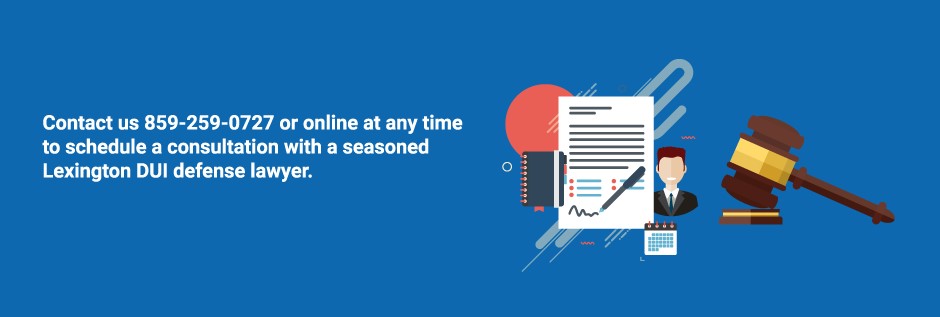
The Baldani Law Group is dedicated to helping clients who have been charged with driving under the influence in Lexington and the surrounding areas. If you have been charged with a Kentucky DUI, we can help. Contact us 859-259-0727 or online at any time to schedule a consultation with a seasoned Lexington DUI defense lawyer.
